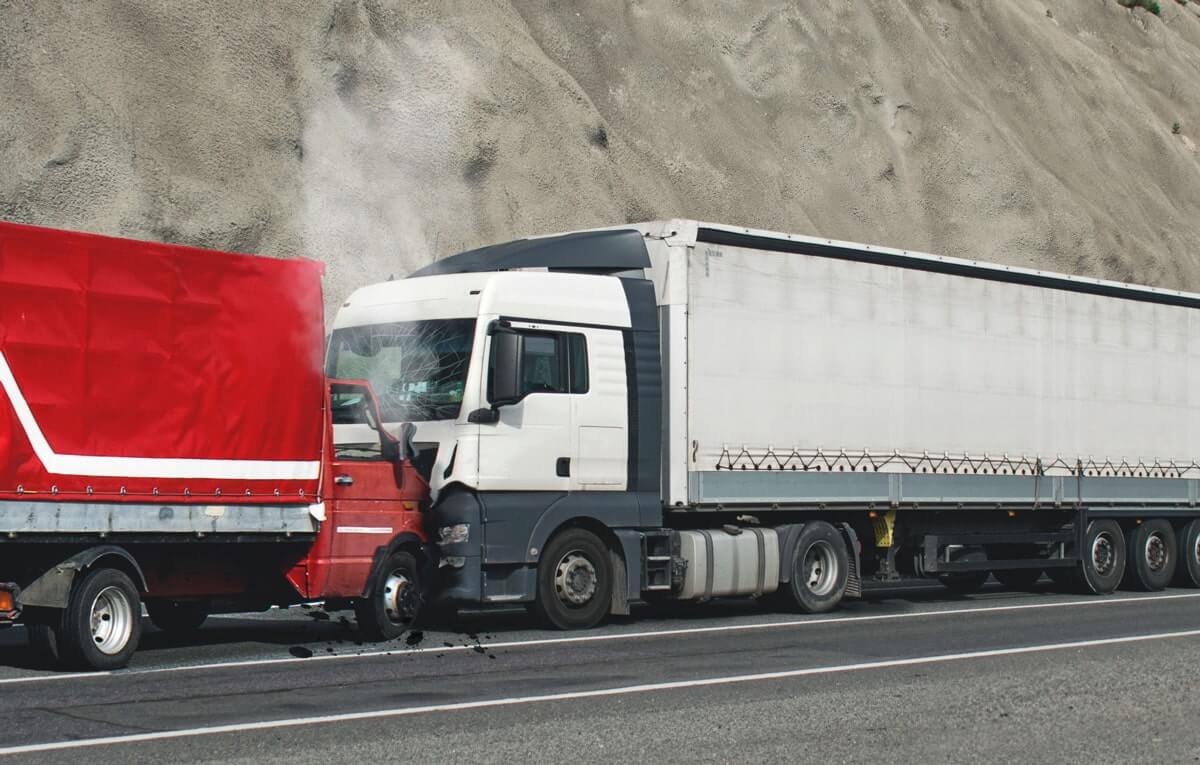If you’ve been injured in a motor vehicle accident, you’re entitled to collect compensation for your out of pocket medical expenses, lost earnings, pain and suffering from the responsible party. Most personal injury attorneys can help you prosecute a claim for a small car crash, but don’t have the training or experience that’s for a truck accident case. Truck accident cases are complicated and often involve severe injuries, so it’s important to hire a Georgia truck accident attorney that knows how to maximize the value of your case.
Full Compensation Requires Deep Pockets
The only way to achieve full compensation for severely or catastrophically injured truck accident injury victims is to investigate and prosecute every single responsible party. In Georgia, truck owners and operators are required to have a commercial vehicle insurance policy with a minimum of $25,000 dollars per person and $50,000 per incident – this is rarely enough coverage to compensate victims. Under federal law, intrastate trucks are required to carry at least $100,000 per person and $300,000 per incident, but that’s still insufficient to compensate victims with severe or catastrophic injuries from truck accidents. That’s why the best truck accident attorneys in Georgia always seek additional defendants with deep pockets. For example, if a third party loading company contributed to the accident by overloading or incorrectly loading the truck, their insurance can come into play. In some cases a municipality or the state of Georgia may be liable for potholes, foliage obscuring signs, broken traffic lights and other types of negligent maintenance that contributed to the crash. An experienced Georgia truck accident attorney knows how to sue multiple defendants in order to collect the largest possible amount of money for your claim.
Federal and State Trucking Industry Rules and Regulations
Most personal injury lawyers that handle car accident cases are not well versed in the myriad of rules and regulations that govern the trucking industry. For example, commercial vehicles operating in the state of Georgia, even if they are just passing through, must adhere to both the FMCRA (Federal Motor Safety Administration) and Georgia regulations for duty hours, log keeping, testing for substances, maintenance and safety inspections and insurance coverage. Commercial vehicles are defined as vehicles either weighing more than 10,000 pounds, transporting more than 15 persons without compensation, transporting 8 persons with compensation or transporting hazardous materials. One of the most important sections of these regulations are the limits on duty hours and required rest and sleep periods. It’s important to know that the federal duty hours regulations only apply to long-haul drivers, but Georgia applies these rules to short haul drivers, with different regulations for transporting goods and people. The importance of these rules is that a truck company can be sued for violations that may have contributed to the accident. For example, if a driver falls asleep at the wheel, the trucking company can sometimes be sued for negligent hiring, negligent supervision and other types of employment claims.
What Causes Truck Accidents in Georgia?
Truck accidents are caused by many of the same types of negligence as other motor vehicle accidents such as bad weather, driver inattention and failure to yield the right of way. Paying drivers by the mile, rather than for their time, also contributes to the frequency and severity of truck accidents in Georgia. This is because when drivers are delayed by heavy traffic, closed roads or other setbacks, they have an economic incentive to make up for it by driving faster and skimping on rest periods and sleep. This is especially likely to happen when delays occur during allowable working hours and let up just when rest or sleep time kicks in. Truck accidents are complicated, so the best way to ensure success is to hire an Georgia truck accident attorney that specializes in this area of the law.


